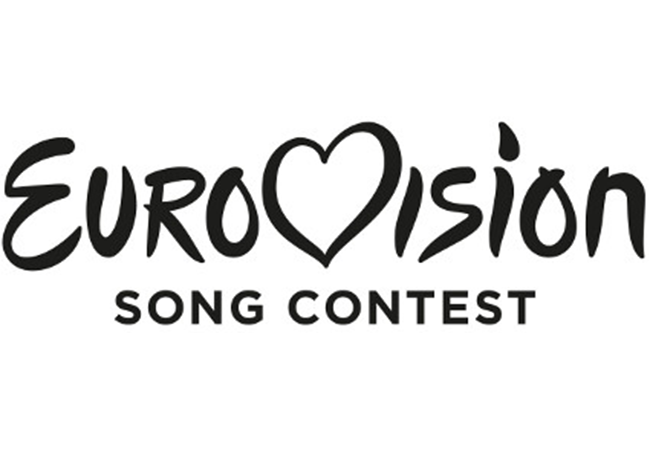
The Eurovision Song Contest (ESC) received the Charlemagne Medal for European Media, the “Médaille Charlemagne pour les Médias Européens”, on 28. April in Aachen. Since 2000, in the run-up to the Charlemagne prize celebrations, this medal has been awarded to a European personality or institution who has served the process of the European unification and the development of a European identity in the field of media in a particularly significant way. With this awarding of the 16. Charlemagne Medal, the Board of Trustees of the association „Médaille Charlemagne“ honours the merits of the Eurovision Song Contest as a transnational or pan-European event. Ingrid Deltenre, General Director of the European Broadcasting Union, will receive the prize. The laudatory speech to the ESC will be given by the Swedish musician, singer, composer, music producer and member of the pop group ABBA, Björn Kristian Ulvaeus. Furthermore the German singer Nicole will attend to the award ceremony.
„We citizens of Europe rarely get the opportunity to feel interconnected across the borders. The Eurovision Song Contest presents such an opportunity. As a result of the presentation of the individual nations participating in the contest, the audiences become closer to the countries, which then become tangible. For one evening, the audiences obtain a vision of what opportunities a united Europe could actually have“, according to Michael Kayser, Chairman of the association „Médaille Charlemagne“, at the announcement of the current award winner today in Aachen.
Aachen´s Lord Mayor Marcel Philipp warned that the danger of the European Union drifting apart has never been so tangible as today. He said: „Many governments are currently turning their backs on the European idea and relapsing into national thinking and behavioural patterns. In such times it is extremely important to offer the necessary support for our „European Home“ and also commit to this. However, this can only come from our own feeling that we are all Europeans. The Eurovision Song Contest promotes this we-feeling, because, besides the music, it puts the individual countries and their citizens into focus. There is rarely a better opportunity to get to know our “neighbours“ more closely. “
Dr. Jürgen Linden, Chairman of the Charlemagne Price Board of Directors, emphasised that Europe, for many citizens, is still synonymous with Brussels burocracy, laws and agreements. There is a lack of an overall feeling of being a community among the citizens although it is precisely such a community feeling that would be a prerequisite for tolerance, closeness and trust. He explained: „The Eurovision Song Contest represents a basis for the formation of ties between the individual nations. On the basis of a common liking of music, millions of people celebrate one idea together, an idea resulting in one song emerging victorious, national interests and differences recede into the background and similarities step into the foreground.“
Previous prize winners have been the publicist Lord George Weidenfeld (GB), the author Cees Nooteboom (NL), the producer Jan Mojto (D), the producer Jean-Jacques Annaud (F), the former director of the Westdeutschen Rundfunks Köln ( West German Radio Cologne), Fritz Pleitgen (D), the Polish actress Krystyna Janda (PL), the Berlin Philharmonic Foundation, mutually the producers Fatih Akin (D) and Abdellatif Kechiche (F), the organisation „Reporters without Borders“, the musician André Rieu (NL), the publisher Inge Schönthal-Feltrinelli (I), the Russian newspaper Novaya Gazeta, the historian and journalist Timothy Garton Ash (GB), the European Film Academy (EFA) as well as, last year, the OSZE delegate for the freedom of the media, Dunja Mijatovíc (BIH).
Extract from the explanation of the board of trustees
In awarding the 16th “Charlemagne Medal for European Media” to the Eurovision Song Contest, the board of trustees pay tribute to the work of the music competition as a transnational and pan-European event.
As part of this, the national differences of the participating artists are explicitly desired and encouraged. Many of the songs are sung in the respective national language, the characteristic regional features of the participating countries are accepted and different cultures are respected. In this sense, the Eurovision Song Contest reflects the individual nations and, in doing so, the distinctiveness and diversity of Europe.
On this particular evening, the participants at the venue, the television viewers and the spectators gathering in many public places have the chance to imagine, for a brief moment, what a “common Europe” might really mean – a Europe without borders in which national differences are not regarded as negatives, but are emphasized as enriching elements; and a Europe which allows people to come together.